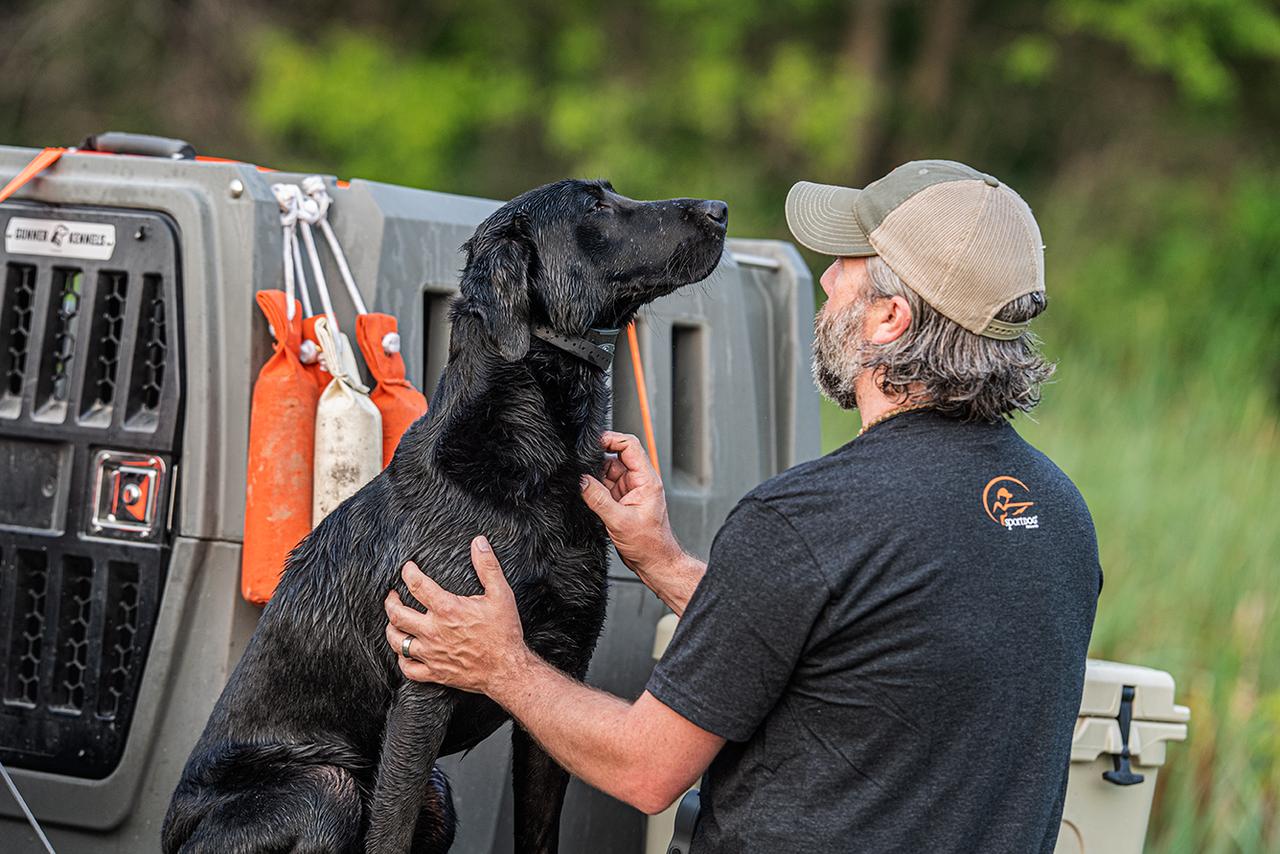
Reward-Based Training for Labradors
Posted by The SportDOG StaffImagine you go to work this week putting in your utmost effort to please the boss and contribute to the company's success. During that time, you neglected to return one phone call and arrived five minutes late on Thursday due to a pile-up on the motorway. The rest of the week, you were the model employee. On Friday afternoon, you popped by the payroll department to collect your cheque because you and the family were heading to the coast for a relaxing weekend. When you arrived at payroll, there was no cheque for you. The boss had left a note stating that if only you had been punctual on Thursday and remembered to ring that one client back. However, since you failed to do either, he's chosen to withhold your pay until a later date. How diligently will you work for the boss the following week?
This is an analogy I use at almost every seminar to emphasise how important it is to reward a dog for a good performance, no matter how small. A majority of trainers I know focus on correcting improper responses or negative behaviour but do little to thank their Labs for jobs well done. This scenario can quickly lead to a poor training attitude and an unhappy pupil. Maintaining emotional balance in a Lab's life is critical for good mental health and greatly improves their attention to you as well as their desire to go to work tomorrow. Okay, you believe what I've just said, how do you incorporate this into your training programme? There are multiple methods so let's take a look.
If you asked a panel to name the number one way to get a Lab to perform a trick, they would respond by saying, "Food treat". Baiting, or a food treat, has been used since we started the training process on canines to encourage a dog to do almost any skill. Throwing a dog food kibble into the puppy's crate will quickly send him into that confined space with a wagging tail. After enough repetition, he will go into the crate on his own with no anxiety.
The list for treating a Lab in an effort to elicit a desired response is endless, but there are a few drawbacks to this method. Firstly, you must wean your Lab off the treats at some point and still have him respond to commands as desired. This can be a very challenging time for both Lab and trainer. Secondly, your dog needs to be hungry for baiting to be most effective. This can restrict your training opportunities. If you've just fed your Lab his daily portion, he might not be interested in the treat and his responses could be inconsistent. Lastly, it's not common, but some Labs show little interest in bait. So, while treating is often our first thought to reward our Labs, it might not always be the best approach.
My old standby to thank my Labs for jobs well done is to throw them an enjoyable retrieve. The object tossed can be a training bumper, tennis ball, squeaky toy, old shoe or anything that stirs up their eagerness to chase. All Labs are born with a desire to chase, some just more than others. When we throw things for them to retrieve, we are awakening as well as satisfying that desire. I use this continually each day while training. Every successful session will end with a fun bumper or three for a job well done. Unsuccessful sessions will be repeated until the goal for that session is achieved, and then the fun bumper is given. It will not take your Lab long to figure out that if he does what you are commanding, he gets the instinctive reward of chasing.
With sufficient use, you're essentially fostering an addiction to fun bumpers that will be all the wages most Labs ever need. Used correctly, fun bumpers will keep your Lab's tail wagging for his entire life. I wish we could all be that chuffed about working. The only downside to fun bumpers as a reward is that your Lab might not have a strong desire to chase. As I mentioned before, they all have a desire to chase, some just more than others. If yours isn't overly eager to dash after a tennis ball, you might want to consider a food treat or one of the subsequent methods to reward him.
If you consider how Labradors are naturally rewarded by their mothers, the first two methods we've discussed don't seem to apply. If you observe a mother with her puppies, she constantly rubs them on the shoulder or ears as a means to soothe and reward them. Therefore, as stand-in mothers, it would be sensible for us to employ this approach as well. During obedience training, I'll reach down and caress the dog on the shoulder or ear for a job well done. A slight swallowing response from the dog will indicate that I've rewarded adequately and we can proceed to the next lesson. Consider how much a heartfelt hug from a mate or partner means to you, and I believe you'll understand why your Labrador would value such a form of payment. Combine that with solid eye contact and I assure you your Labrador will be over the moon when you thank him. The only situation where this method wouldn't be rewarding for your Labrador is if he lacks trust in you due to too much pressure in previous sessions.
Our last thought on rewarding is relatively new in the training world. It is noise. Not shouting or screaming but any audible stimulus that is repeated each time your Lab does his job well. It can be very simple, such as a 'Good dog!' from you in a pleasing tone. Or it could be a sound such as the 'click-click' from a clicker toy. Each time the dog performs nicely, a click is given along with another type of reward until just the click alone will get your Lab's tail wagging. Both of these work well. However, like the previously mentioned methods, they have the limitation of requiring the dog to be close to you.
Consider this example. Your Lab is running away from you at a distance of 300 yards. You call or whistle, and he turns around, looks at you, and takes a few steps towards you. Wouldn't it be wonderful to reward him at that very moment so he understands that moving in your direction is rewarding? Food treats, fun bumpers, stroking the shoulder, and clickers can't achieve what we need in this instance. However, if you had a means to send an audible tone to your dog at that range, he would receive the reward he requires. That's what the modern e-collars with a praise tone button can do for us. All SportDOG® e-collars not only can correct improper behaviour at the gentlest level by redirecting his focus to you, but they can also reward your Lab from afar with a praise tone from you when he exhibits a positive reaction. Here is the reward your Lab can receive over great distances and, most importantly, the moment he provides the correct response. The timing of correction and praise is crucial in all training scenarios, and no other method can deliver the reward as promptly as a reliable e-collar.
So, tomorrow when you get ready to work with your Lab, think about what we have discussed. Correction for bad behaviour and improper responses to commands must be done. But don't forget about payday. Make sure good sessions or responses are rewarded in a timely manner so he will understand what it takes to earn the reward. Choose a reward or a combination of rewards that fit your training programme but most importantly, that will satisfy your Lab. Good Training!
Always check your local and state regulations related to dog training and the use of game birds on private and public property.
Related Products
SportTrainer® 425X
SportTrainer® 825X
Related Articles
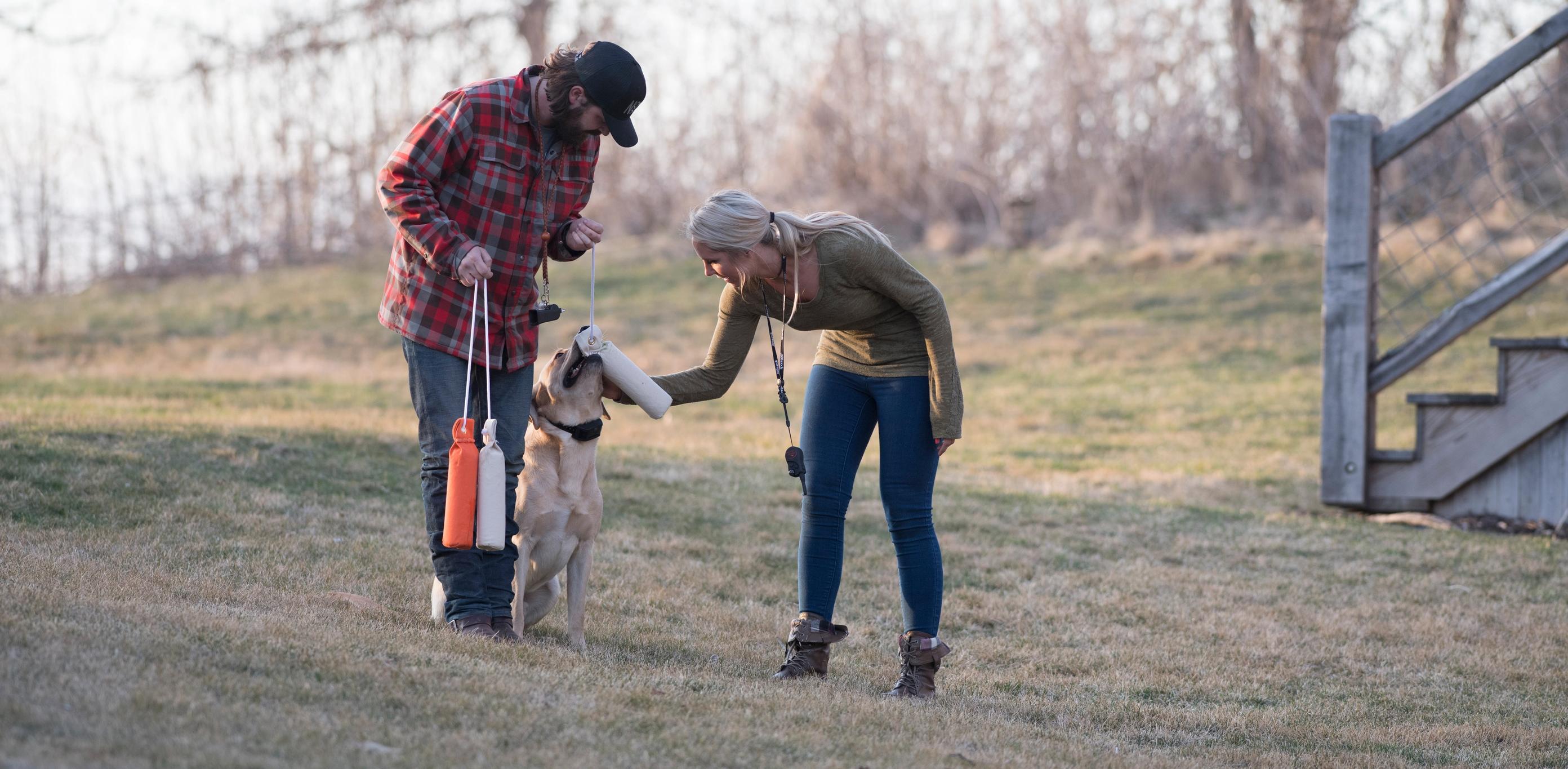
Keeping the Fun in Retriever Training
by The SportDOG Staff
Wouldn’t it be nice in the middle of a tough day if someone stopped by and said a few words that made all your worries disappear? Instantly your negative feelings would vanish and you’d be happy. Well, in retriever training, there is something that can have that effect on...
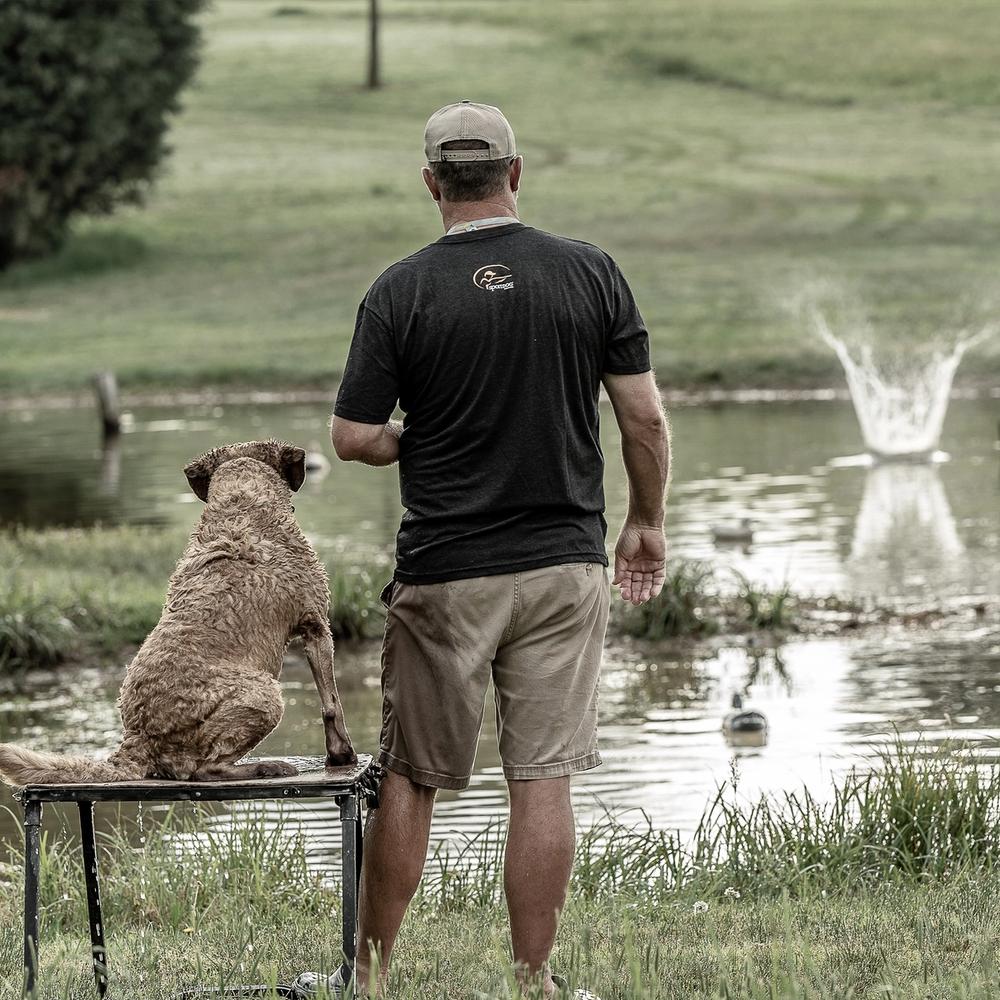
Building a Steady Retriever
by Tom Dokken
A retriever that remains calm in a duck hide and concentrates on watching birds fall is a joy to hunt with. In a perfect world, that’s how all retrievers would behave. While a steady retriever is something that most hunters want, the reality is that very few retrievers are truly...
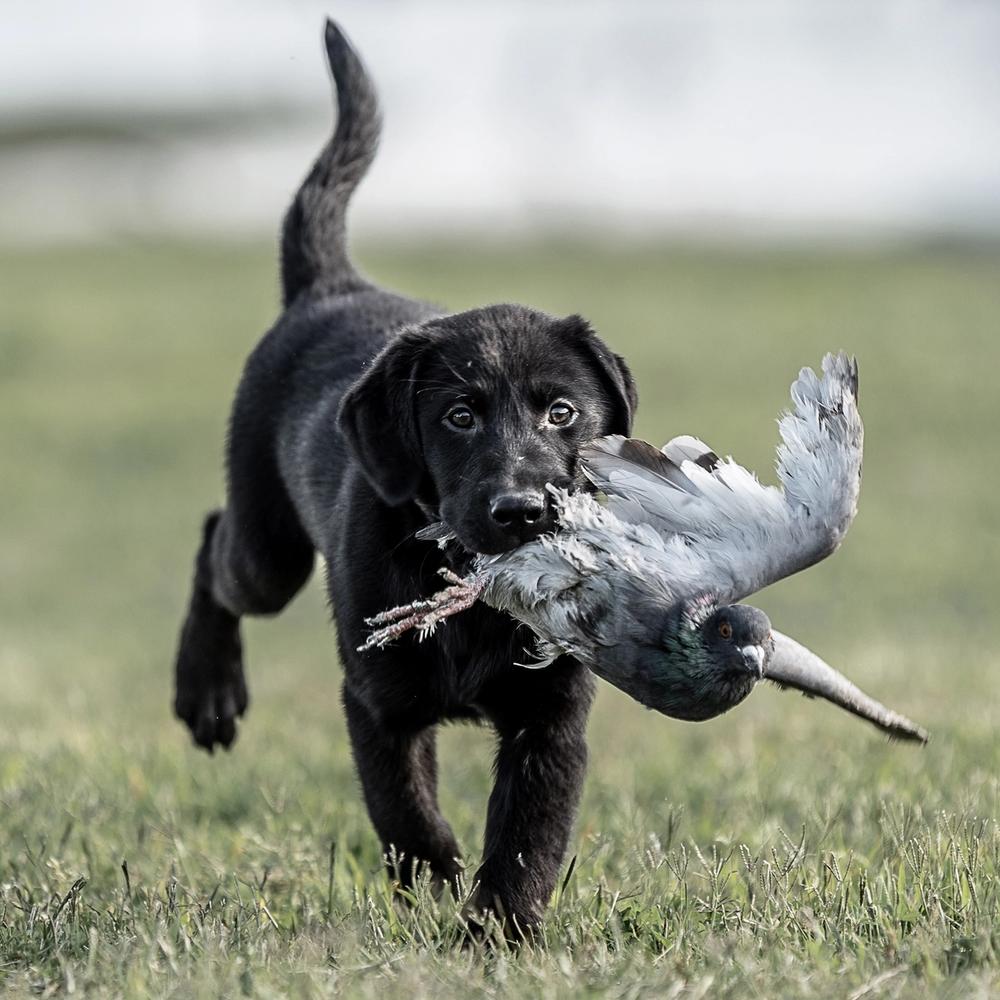
Make Your Upland Retriever Mad for Feathers
by Tom Dokken
There’s nothing better than a hard-charging flushing dog that is absolutely crazy for birds. But how do you ensure your young retriever will turn out like that? Here are the steps I use. You can introduce your retriever to feathers when he is very young, say up to 12 weeks....
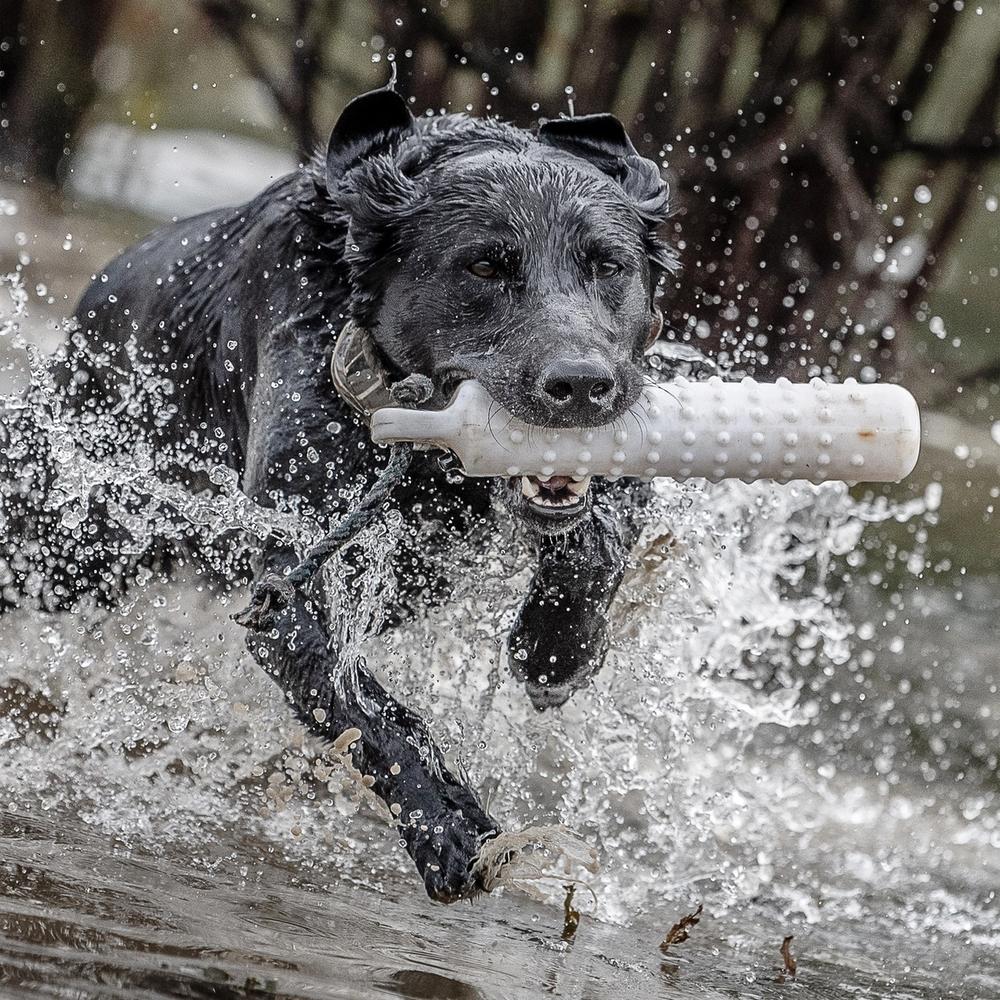
Retriever Training: The Transition to Water
by Tom Dokken
Retrievers love water, so you wouldn’t think that transitioning from land retrievers to water retrieves would be difficult. It isn’t, as long as you follow a few simple guidelines. The key to a smooth introduction and continued improvement on water retrieves is to work in baby steps, just like you did...
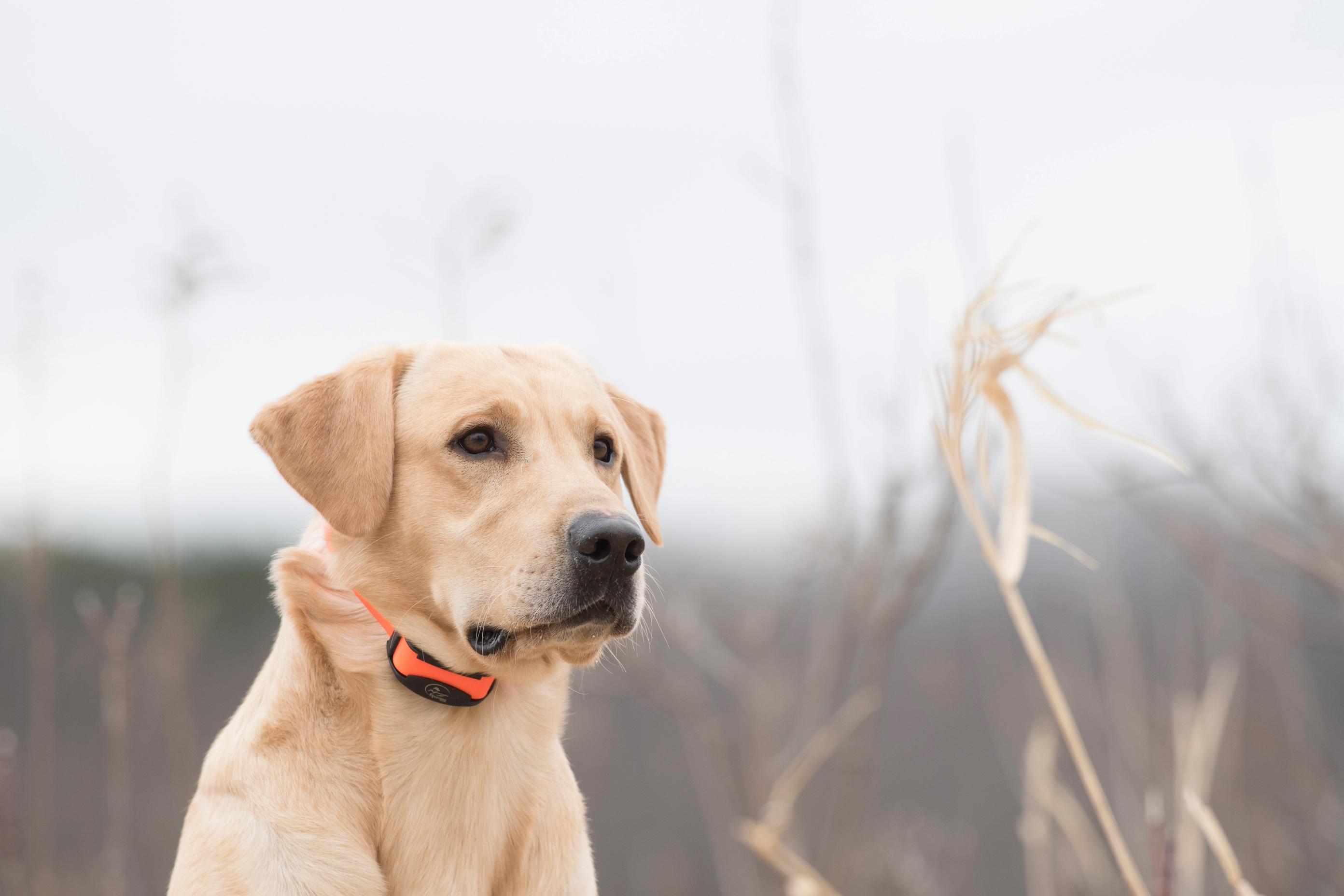
Training Your Retriever for Double Duty
by The SportDOG Staff
If you own a waterfowl dog, chances are that sooner or later you’re going to ask it to perform upland duty. It might be a pheasant hunt as a sideline to your Dakota duck hunt, or maybe an afternoon of quail hunting after a morning goose hunt. Most retrievers handle...
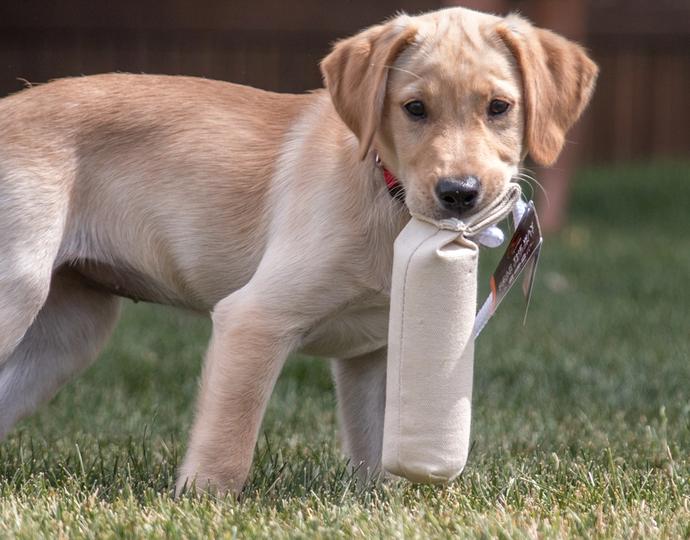
Training Your Retriever with Dummies
by The SportDOG Staff
Training a retriever can be one of the most rewarding experiences any hunter can have. There are no secrets involved: just patience, repetition, perseverance, consistency and the ability to anticipate reaction. In short, the trainer needs to be just a little smarter than his pupil. This is not always as...


